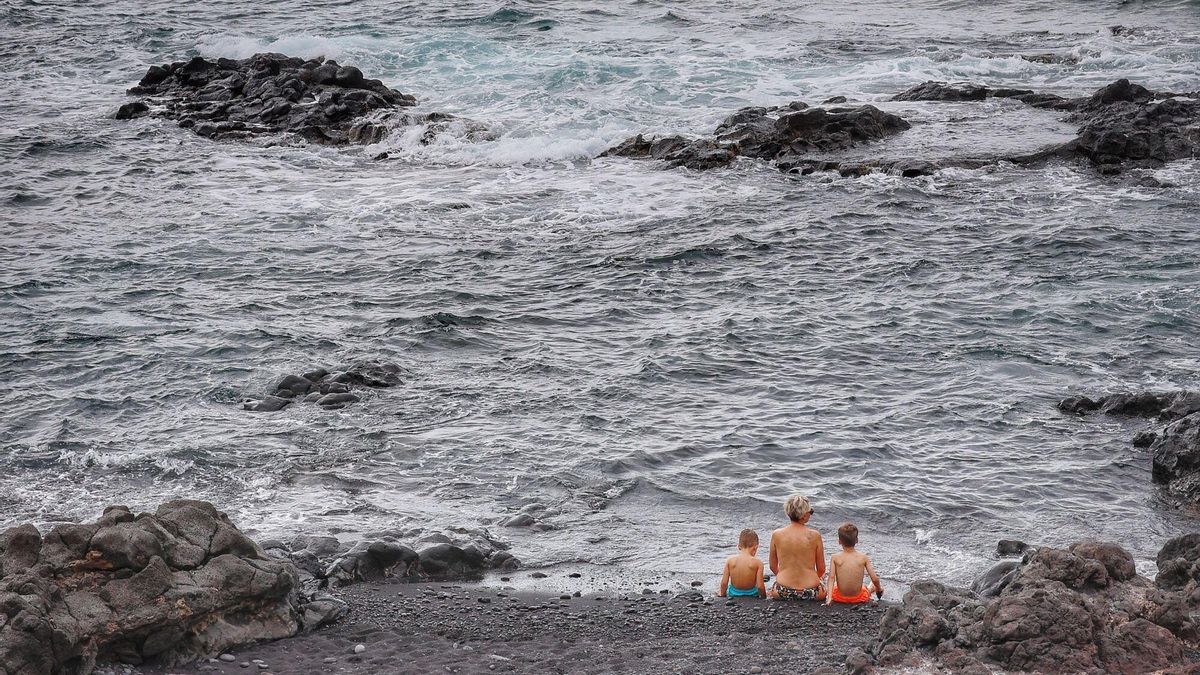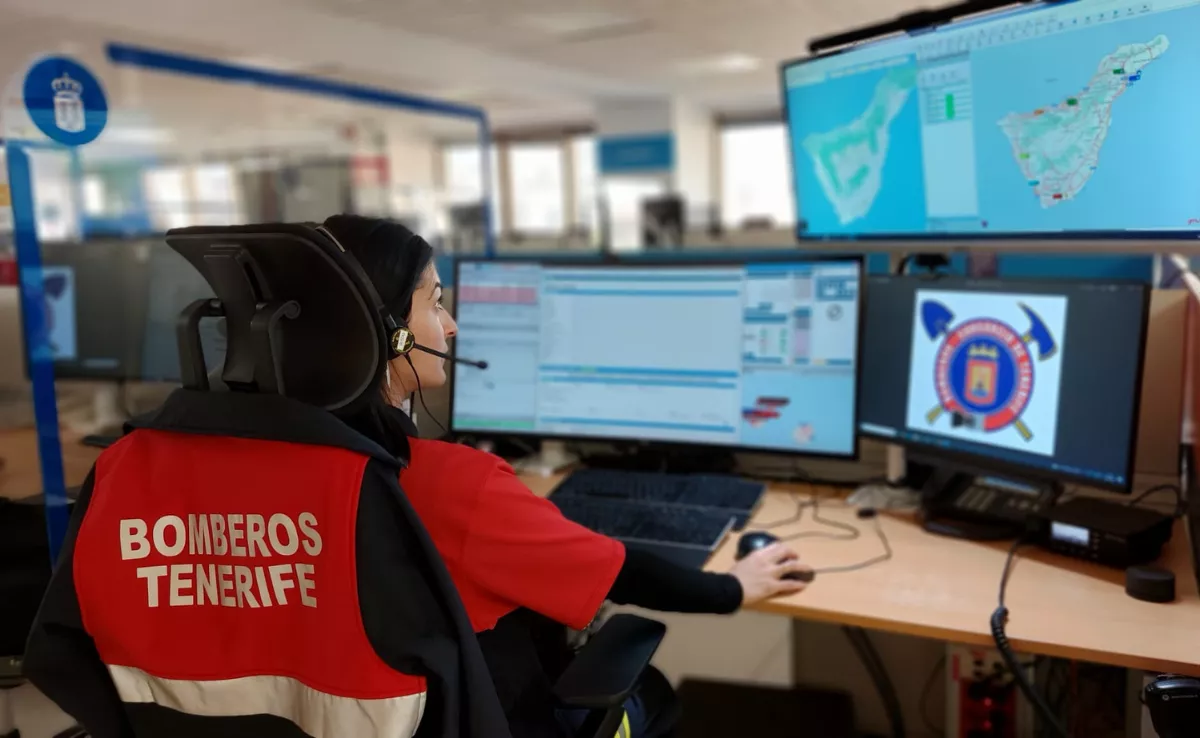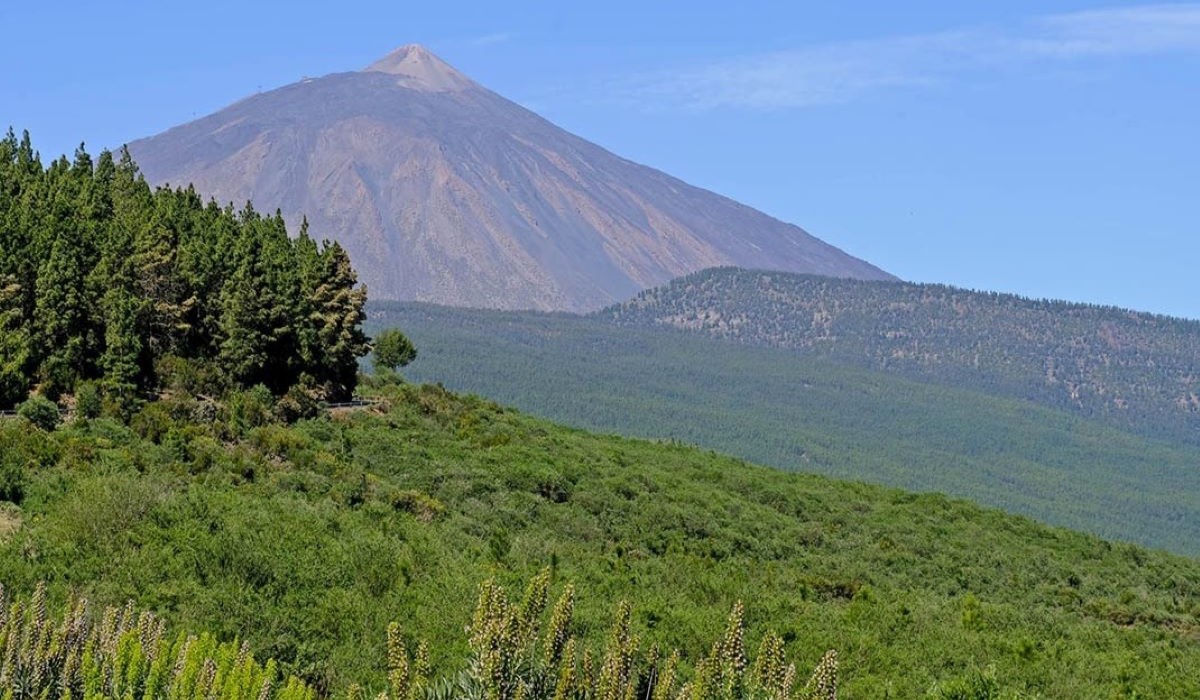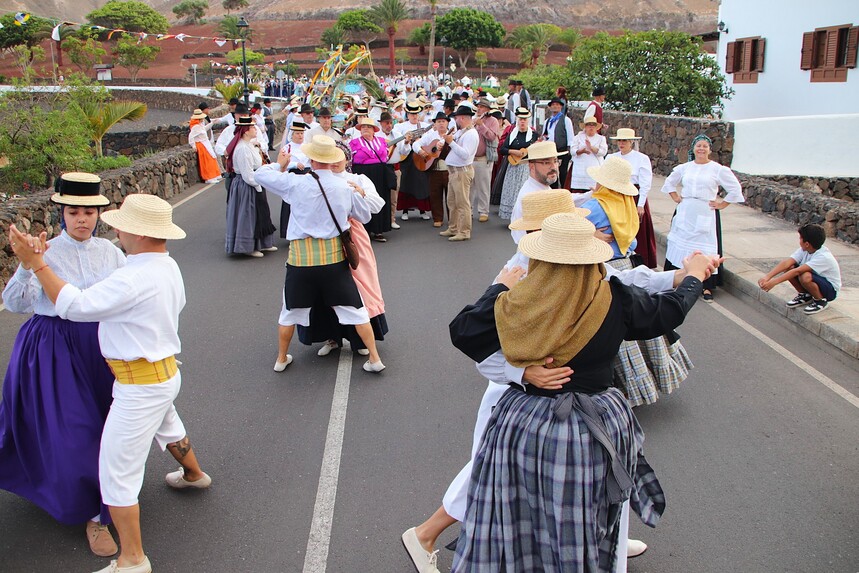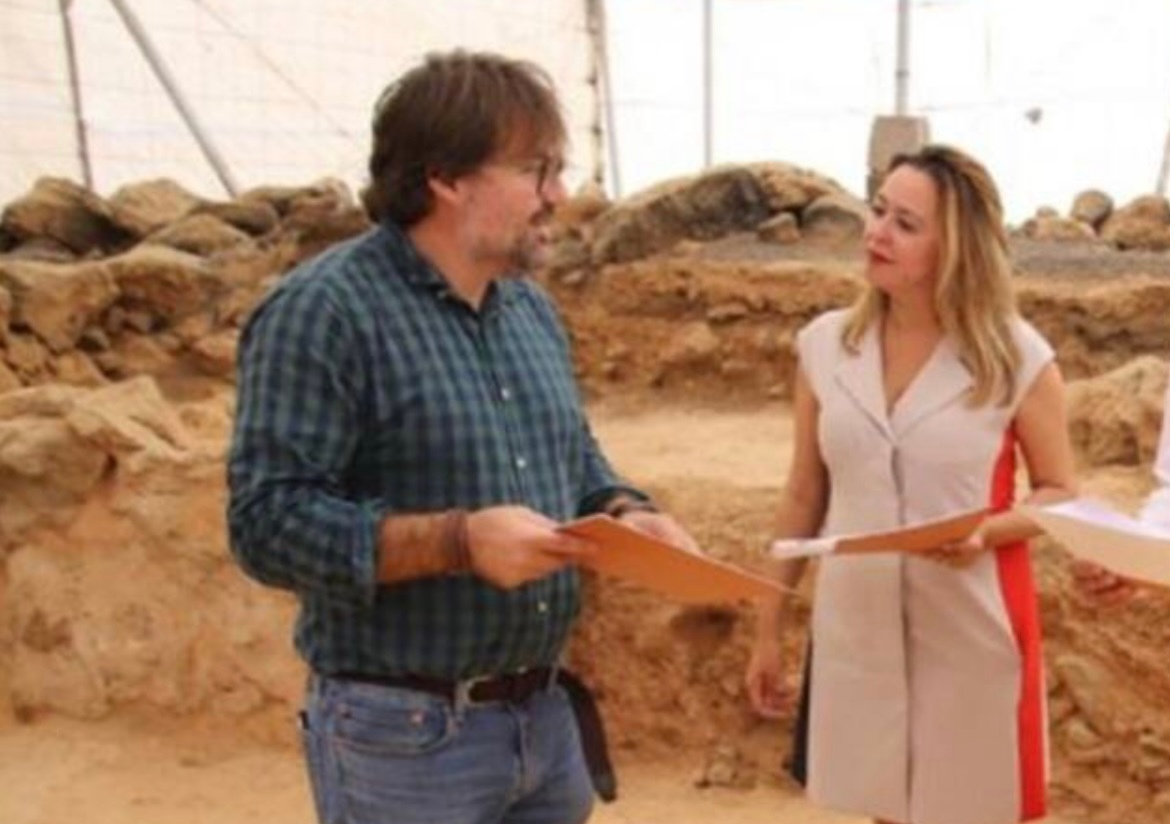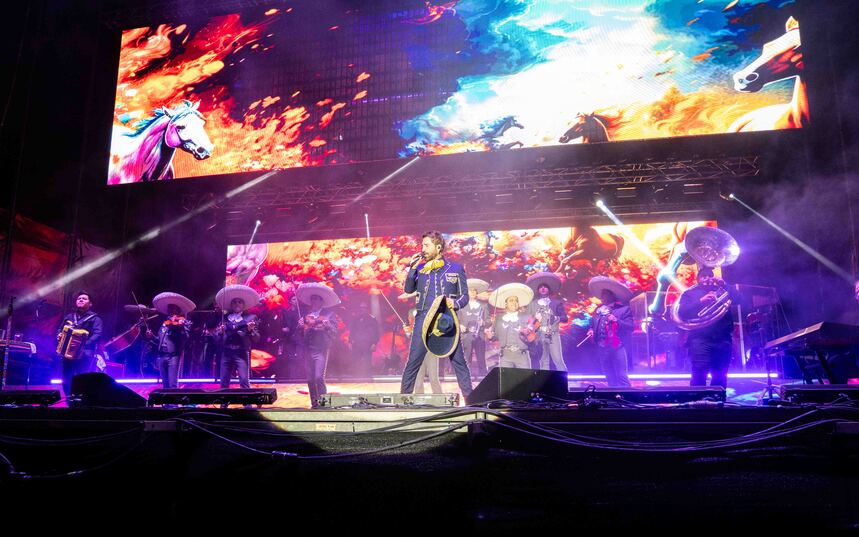![]()
The folk groups from Yaiza and Los Realejos delivered an emotive night of singing and dancing during the Remedios Festival. Óscar Noda stated that “the Rubicón festival has become a benchmark for authentic expressions of Canarian folklore and is an indisputable highlight of the celebrations for the municipality’s patron saint.”
A Warm Reception for Rubicón
The packed Plaza de los Remedios underscored the appreciation and affection from the people of Yaiza and Lanzarote for Rubicón, a festival that began in 2011 through the initiative of the folk group of the same name. Its aim is to showcase the popular singing and dancing traditions of the Canary Islands, inviting soloists and groups from various islands to participate each year in the Remedios festivities, including Los Dóniz from the Tenerife municipality of Los Realejos, who joined the host group this Friday to continue the beautiful mission of promoting the wealth of Canarian folklore, ensuring that traditions endure and interest in them grows.
Celebrating Identity Through Folklore
Óscar Noda, the mayor of Yaiza and a former member of the Rubicón dance group, noted that the “festival is now a reference point for genuine expressions of Canarian folklore and a crucial part of the celebrations for the municipality’s patron saint.” Rubicón and Los Dóniz offered a heartfelt evening of singing and dancing immediately following the reading of the festival proclamation.
The festival is marked by joyful and poetic singing, featuring men and women impeccably dressed in traditional Canarian attire. It showcases a versatile range of folk styles from the Archipelago, including research conducted in 2025 that revealed a fragment of an interview with the late María De la Cruz Eugenio, a former Yaiza resident, conducted in 2004 by César Rijo, a member of the Rubicón dance group.
An Evening of Oral Tradition
With oral storytelling, the festival commenced, consistently presented by Francisco José Navarro, a figure closely linked to the media and Canarian folklore for over 50 years. Regarding the festive atmosphere in Yaiza, María De la Cruz remarked, “I would always start early… but before leaving, I would peek around the corner to see if the flag was up for Saturday night’s dance. We’d return from work, bathe, and dress up for the evening dance… and we did the same on Sunday… with timple and guitar…”
Timples, guitars, and other instruments resonated powerfully in Yaiza on another festive Saturday. Folías, isas, malagueñas, seguidillas, polka, saltonas, and sorondongo were performed by soloists and nearly a hundred musicians and dancers from Rubicón and Los Dóniz. Credit goes to both groups, with Rubicón led musically by Roberto Gil and in dance by Magdalena Cáceres, while Los Dóniz were musically directed by Filiberto López and Arturo Ibañez.
Exchanges and Gifts
A pause in the torrent of music and dance allowed for an exchange of gifts between the groups. Los Dóniz felt at home and admitted it was their first time sharing a single stage with another group, in this case Rubicón, which they now consider as family. The festival organisation also presented gifts to host Francisco José Navarro and the Yaiza City Council, represented by Óscar Noda and the Councillor for Festivities, Daniel Medina.
A Festive Conclusion and Anticipation
The festival concluded with an isa parrandera, naturally involving dance. However, Yaiza still has much celebration ahead until 9 September, with Monday the 8th marking its Grand Day, featuring a procession and concert by Coti and his band.




